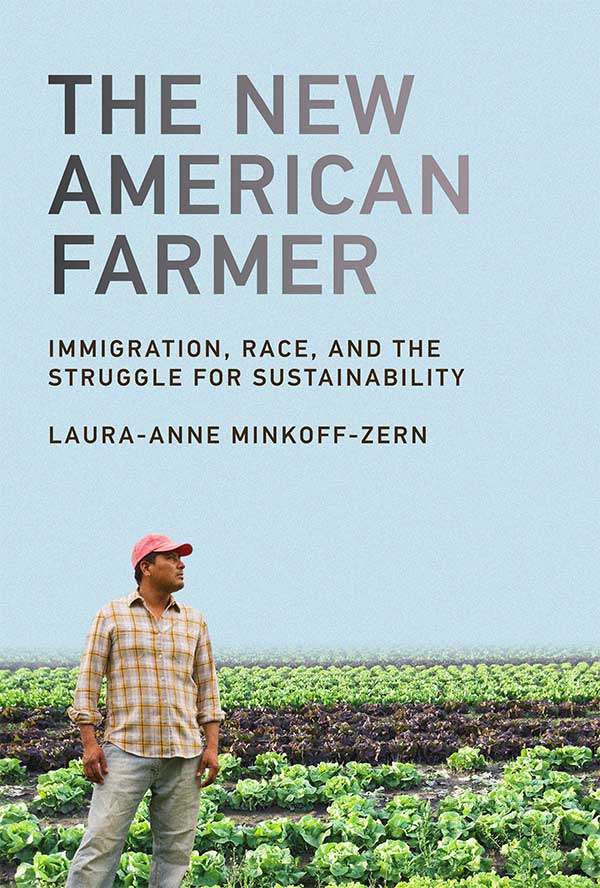 Students studying food systems in Falk College’s Department of Nutrition and Food Studies learn about ecological sustainability and social justice as faculty members such as Laura-Anne Minkoff-Zern highlight practices like agroecology and food-related social movements. Interactive class discussions shed important light on the role of labor and migration in the food system, exploring interactions between food and racial justice to create a more sustainable, equitable, and inclusive place for immigrant farmers.
Students studying food systems in Falk College’s Department of Nutrition and Food Studies learn about ecological sustainability and social justice as faculty members such as Laura-Anne Minkoff-Zern highlight practices like agroecology and food-related social movements. Interactive class discussions shed important light on the role of labor and migration in the food system, exploring interactions between food and racial justice to create a more sustainable, equitable, and inclusive place for immigrant farmers.
In her course FST 310: Labor Across the Food System this fall, students are partnering with the Restaurant Opportunities Center (ROC United) to conduct surveys with restaurant workers to better understand wage-related issues in the workplace. In FST 303: Food Movements, students each choose a food-related social movement to conduct their own semester-long study of it. She has also worked with undergraduate and graduate students on her own research, analyzing census data, co-authoring research papers, and transcribing and coding interviews.
Minkoff-Zern, an assistant professor of food studies, authored the new book, The New American Farmer: Immigration, Race, and the Struggle for Sustainability (MIT Press). The book looks at the opportunities and challenges for Latino/a immigrant farmers transitioning from farmworkers to farm owners, offering new perspective on racial inequity and sustainable farming. It also makes an intervention on discussions of agricultural sustainability.
She interviewed more than 100 participants including farmers and people who work with them, such as U.S. Department of Agriculture (USDA) staff, farmers market managers, nonprofit and extension workers, among others. Her observations and interviews of farmers at markets and their farms, and attendance at relevant conferences aimed at outreach to immigrant and other farmers of color, took place over six years and five states, including California, Minnesota, New York, Washington, and Virginia.
“In my research I found that immigrant farmers were largely using what could be described as alternative or sustainable farming practices, yet are not being recognized for their contribution to sustainable food systems, as they are typically not as well networked or savvy at marketing as U.S.-born farmers.”
Minkoff-Zern teaches the course Labor Across the Food System where students learn about labor conditions for farm laborers and those working in food processing, service, and retail, and how that relates to a vision for a more just and ecologically sustainable food system.
Her interviews with farm workers who succeeded in starting their own farms, against the odds, unveiled what barriers they faced due to their specific ethnic and racial identities as immigrants of color.
“When we look at agriculture today, immigrants are not just workers, but they’re people who have a lot of knowledge in agriculture, are very skilled in agriculture, and they have more barriers to owning land and starting a business.” With the release of her book, her research continues, which includes outreach to organizations that are helping immigrant farmworkers transition to owning their farms. Funders for her research include the Association of American Geographers (AAG), the Goucher College Dept of Environmental Studies, and at Syracuse University, Falk College Seed Grant and the Labor Studies Working Group .
